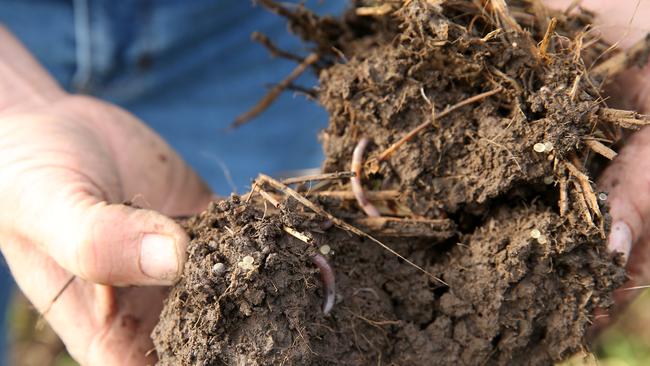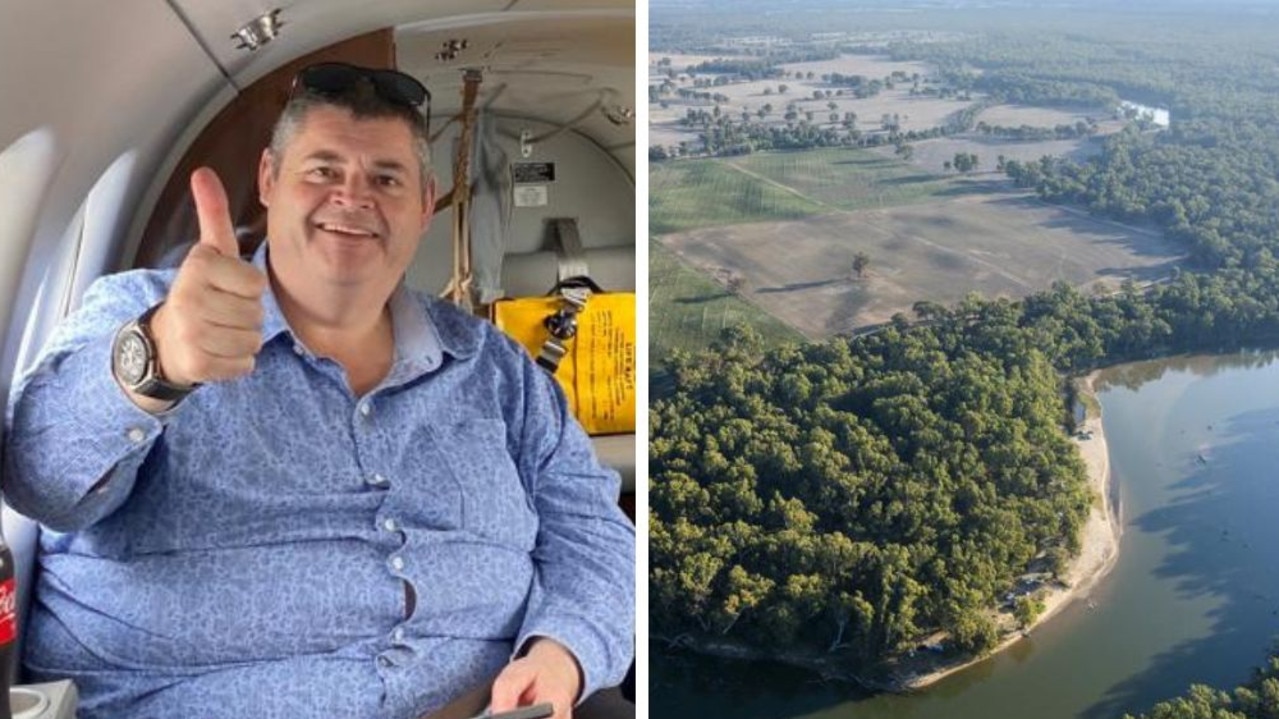‘Immature’ soil carbon sequestration market putting farmers at contractual risk
With the price of carbon credits potentially doubling in the coming years, a leading lawyer has warned farmers not to sign up to highly prescriptive carbon sequestration contracts.

With the price of carbon credits expected to double in coming years as more corporations enact net zero programs, a leading lawyer has warned farmers not to sign up to highly prescriptive carbon sequestration contracts that restrict how they can manage and even sell their land.
Matt Egerton-Warburton, a partner at Gadens law firm and a director of the not-for-profit Mulloon Institute, believes that certain portions of the fast growing soil carbon sequestration industry are reaching a point where “two guys with a laptop in Orange” are trying to sign farmers up to 25-year deals on the promise of riches, but instead lock them into lopsided contracts.
An Australian carbon credit unit (ACCU) currently trades for $38 per tonne of sequestered carbon, but research from NAB suggests the price could go as high as $100 a tonne, given rising adoption of net zero commitments by Australian corporations. Globally, land-use pledges from all countries’ climate commitments would require 1.2 billion hectares of land – equivalent to current global cropland, according to The Land Gap Report, co-commissioned by the University of Melbourne. “We’re only at the beginning of the journey. There’s only been about 700 projects registered with the regulator, but I think it’s going to be huge over the next five or 10 years,” Mr Egerton-Warburton told The Australian Ag podcast.

“If they (ACCUs) become really, really valuable, everyone with a little bit of land will be looking at doing these projects.”
The problem, according to Mr Egerton-Warburton, is that these carbon projects are typically drafted by third party carbon service providers (CSPs) and “unsurprisingly they represent preferred CSP positions”.
He said that farmers were increasingly being offered long-term contracts to generate ACCUs by carbon service providers who were double dipping by charging for baseline soil tests, as well as taking ownership of ACCUs over the life of the project. In the “majority of first drafts” Mr Egerton-Warburton had seen, the CSP was the “project proponent” with the Clean Energy Regulator, meaning ACCUs were issued to the CSP, not the landowner. To protect the quality of the ACCUs (and limit their potential liability if carbon was released from the land), the CSP forces landholders to agree to 25-year land use restrictions as part of the contract with the CSP.
“There’s a conflict of interest. In these contracts you have the carbon service providers who are saying things like ‘you can’t change the way you manage your land without getting our consent’. I would have thought there’s not many property owners or farmers who like the idea of a third party being able to tell them what they can and can’t do on their land.”
That restriction can have serious financial consequences, with the possibility that a landholder may not be able to sell their property if the bidder is unwilling to take the commitment on. If the landholder fails to sequester the anticipated carbon, they may have to buy compensatory ACCUs at a later date.
The complexity of the carbon trading was revealed by a survey of 600 farmers in March by Farmers for Climate Action, that found 70 per cent of respondents saying that did not understand how the carbon market worked.
It has raised concerns that landholders who unwittingly enter into such agreements could be closing off future opportunities if major buyers expect their output to be carbon neutral.
“The worst possible outcome for farmers in this immature market would be to give away what most probably will become a very valuable asset — that is carbon on your farm,” said Charlie Prell, president of Farmers for Climate Action.
Matt Egerton-Warburton will speak at The Australian’s Global Food Forum on May 25 in Melbourne. For details go to globalfoodforum.com.au.




To join the conversation, please log in. Don't have an account? Register
Join the conversation, you are commenting as Logout